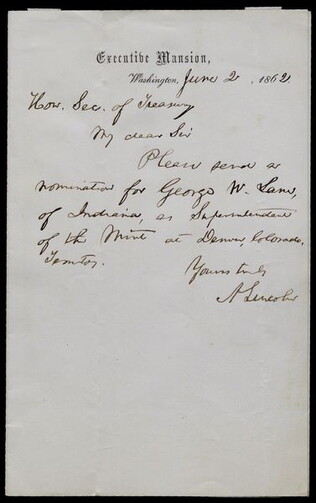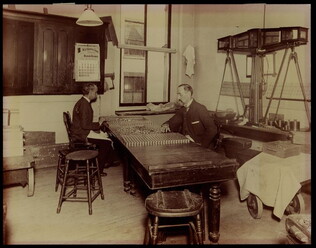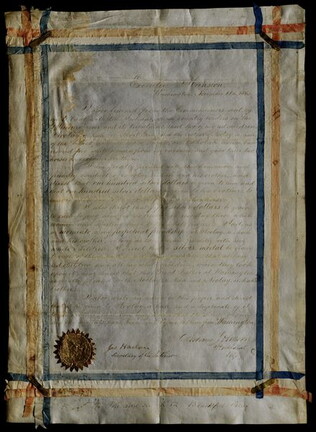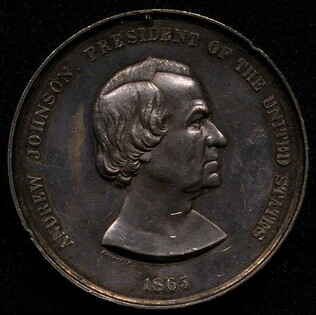21 December 1950
Truman, Harry S. (1884-1972)
to Paul Nachtman
Thanks him for recommending Thomas D. O'Keefe and for sending 1884 dollars and an 1884 gold piece. The handwritten addition mentions enclosures: "Here are some souveniers for you. They are for the Carson City dollars. I'll accept the gold piece as a...
GLC01985




